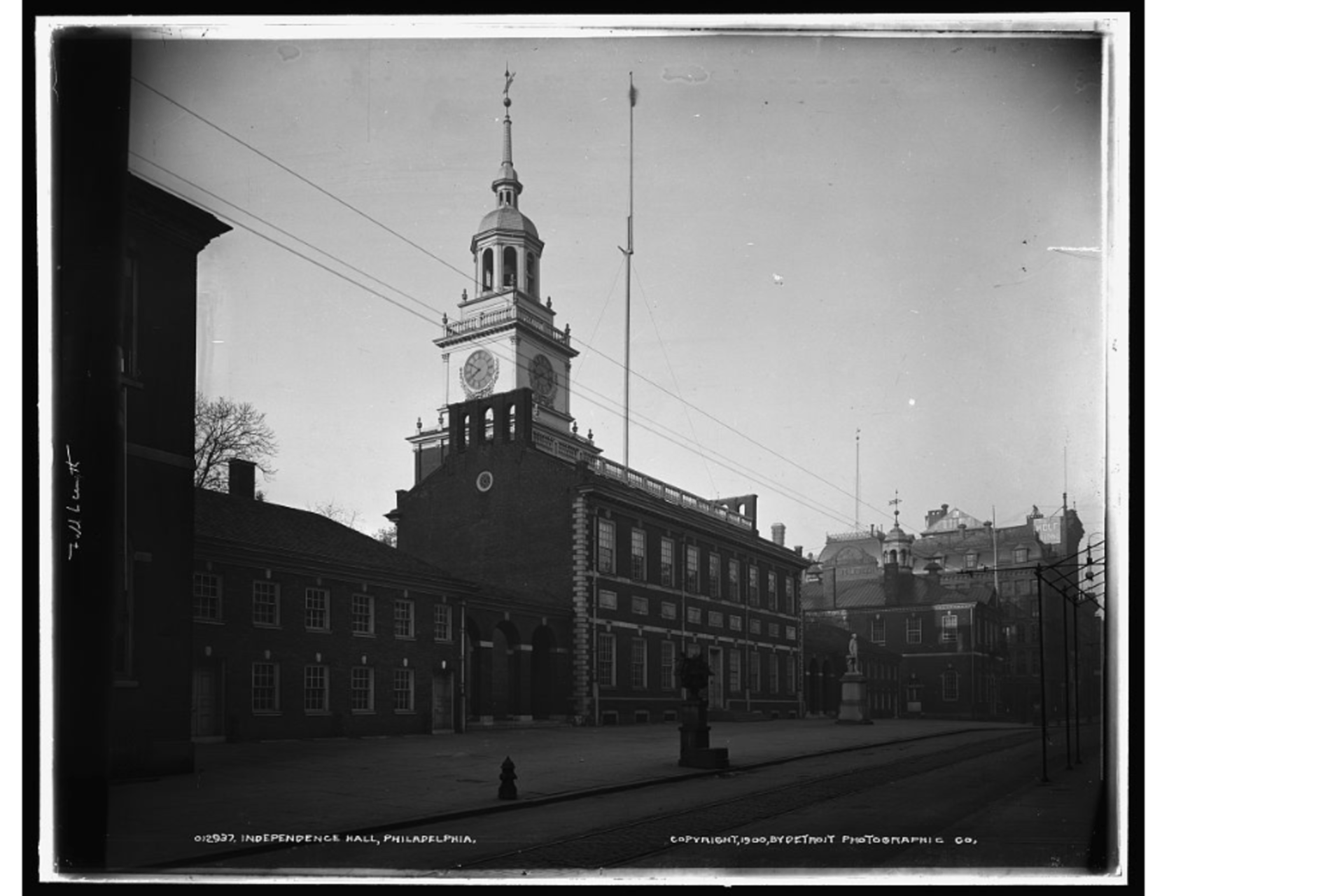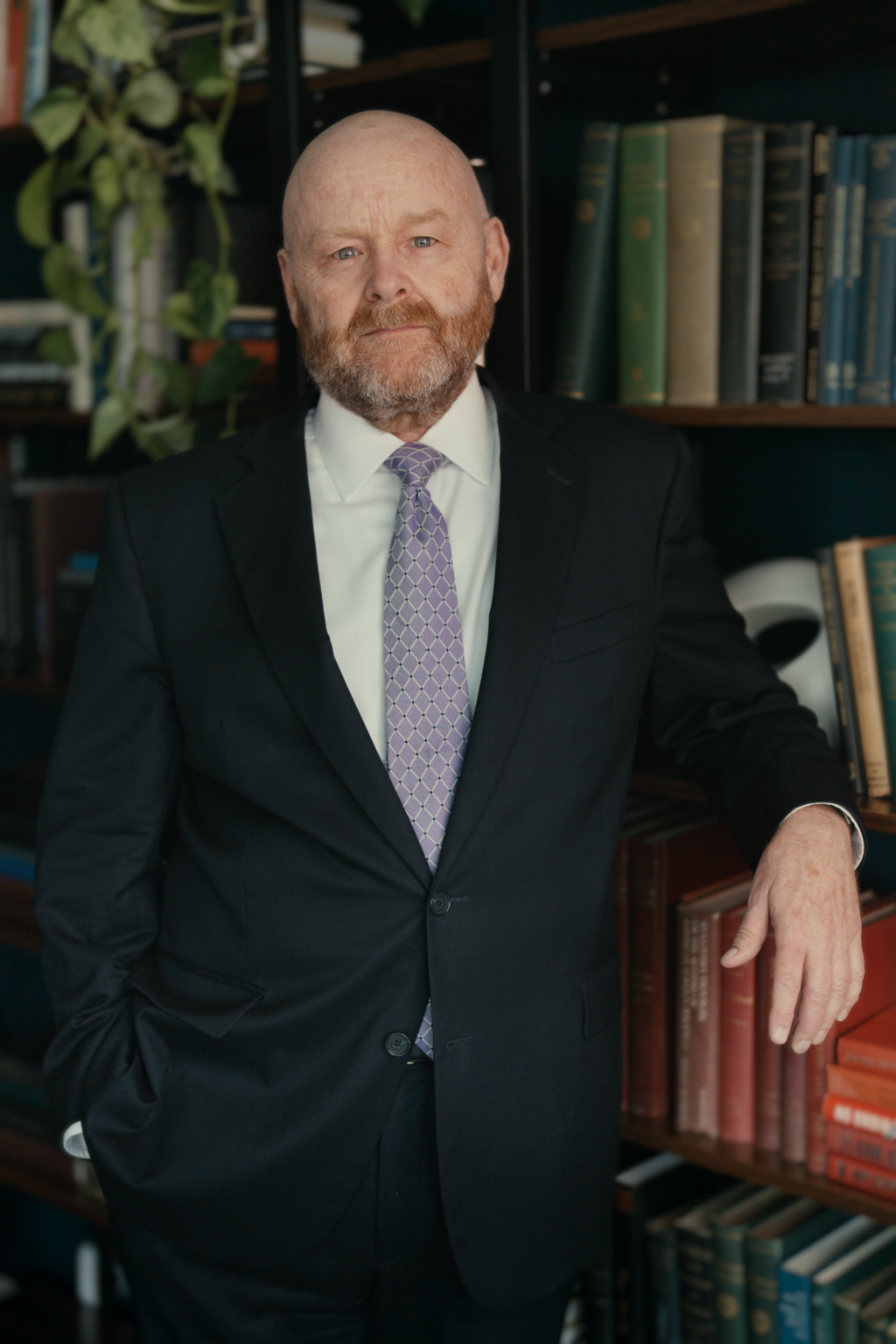Is Operation Odyssey Dawn Constitutional? Obama Versus the Framers

By experts and staff
- Published
Experts
![]() By James M. LindsayMary and David Boies Distinguished Senior Fellow in U.S. Foreign Policy
By James M. LindsayMary and David Boies Distinguished Senior Fellow in U.S. Foreign Policy
So what did the Framers have to say about the war power? George Mason, who now has a university with a pretty good basketball team named after him, said at the Constitutional Convention in Philadelphia in 1787 that he was “against giving the power of war to the executive” because the president “is not safely to be trusted with it.” James Madison, who also has a Virginia university named after him, wrote that the Constitution has, “with studied care, vested the question of war in the Legisl[ature].” Alexander Hamilton, who is typically credited as having the most robust conception among the Framers of presidential power, wrote that the president’s powers as commander in chief “would amount to nothing more than the supreme command and direction of the military and naval forces…while that of the British kings extends to the declaring of war and to raising and regulating of fleets and armies: all of which by the Constitution under consideration would appertain to the Legislature.” In all, the Framers thought they had crafted a political system that, as another delegate, James Wilson, put it, “will not hurry us into war; it is calculated to guard against it. It will not be in the power of a single man, or a body of men, to involve us in such distress.”
Early practice hewed to this conception of who could wield the war power. In 1798, at the start of the so-called Quasi-War with France, John Adams called Congress into a special session “to consult and determine on such measures as in their wisdom shall be deemed meet for the safety and welfare of the United States.” When Andrew Jackson, not known as a shrinking violet when it came to presidential power, wanted to force France to pay damage claims that dated back to the Napoleonic era, he did not order the U.S. military into action. He instead asked Congress to pass a law “authorizing reprisals upon French property.” Congress said no, and Jackson let the issue drop. When the Chilean government refused to apologize in 1891 after a mob killed two American sailors, Benjamin Harrison asked Congress “to take such action as may be deemed appropriate.” If you don’t remember the U.S.-Chilean war of 1891, it’s because Congress never authorized hostilities and the crisis passed.
What were the courts doing at this time? Relatively few court cases raised the war powers issue, perhaps because the allocation of powers was well understood and observed. In a series of cases that arose out of the Quasi-War with France, the Supreme Court ruled that Congress had authorized the hostilities and the limitations it placed on how U.S. forces could operate were binding on the president. In one case, Chief Justice John Marshall wrote: “The whole powers of war being, by the Constitution of the United States, vested in Congress, the acts of that body can alone be resorted to as our guide.” The Court’s thinking looked to be the same a half-century later when it ruled in the Civil War’s famed Prize cases that “by the Constitution, Congress alone has the power to declare a national or foreign war.” Where the courts did see presidential authority to act without the benefit of explicit congressional sanction, as in an 1860 finding that the president had a duty to protect American citizens overseas, the exceptions look to be narrowly drawn.
Perhaps the Framers thought that the war power applied only to full-scale war and not to mere “kinetic military actions”? That’s a hard case to make credibly. First of all, the Framers were well aware of the differing degrees of war. Their writings are full of references to “perfect” (i.e., full-scale) war versus “imperfect” (i.e., short of full-scale war). To suppose that they intended to restrict the war power only to “big” wars is to make the dubious assumption that while the Framers wanted “no one man” to take the country into war they were not smart enough to prevent him from having a back-door way for getting into big wars. Second, the Constitution actually does speak to the issue of lower-level conflict. That’s the importance of the “letters of marquee and reprisal” language in the war powers clause. It refers to an eighteenth century practice of authorizing private groups to prosecute a country’s war aims. Third, the courts of the nineteenth century didn’t distinguish between “big” wars and “little” wars. Note that Justice Marshall spoke of Congress having the “whole powers of war” and not a slice of the war power.
What about James K. Polk and the Mexican-American War? Didn’t he show that presidents have an independent authority to start a war? Not exactly. Polk sent U.S. troops into disputed territory between the Nueces and Rio Grande Rivers. (Yes, the U.S. claim to the disputed land was sketchy at best.) He was itching for a fight, and he got one. But U.S. troops did not initiate the fighting, and when fighting broke out, Polk asked Congress to authorize war on Mexico, which it did. The historical irony is that Polk had already decided to ask Congress to declare war on Mexico and the news of the fighting along the Rio Grande reached Washington just days before he formally submitted his request. This hardly suggests a president who thought he had an independent war-making authority.
(What Polk and the Mexican-American War do illustrate is not presidential war-making but how presidential behavior can constrain Congress’s ability to act by establishing what Hamilton called “an antecedent state of things.” Congress may have had the legal right to decline to authorize war against Mexico, but that’s not the same thing as saying it had the political freedom to do so. The recognition that a president could box-in Congress with his decisions was at the root of the fight between Madison and Hamilton over Washington’s decision to declare the United States neutral in the 1793 war between England and France. Madison’s position was, “that’s not fair.” Hamilton’s position was, “tough.”)
So shouldn’t the views of the Framers be binding on Obama? That’s certainly the logical conclusion of the argument that original intent should guide how we think about what’s constitutional, and it’s the logic that shapes Ron Paul’s criticisms of Operation Odyssey Dawn. But as with most things in life, nothing is that simple. I’ll get into the complications in a future post.
Other posts in this series:
